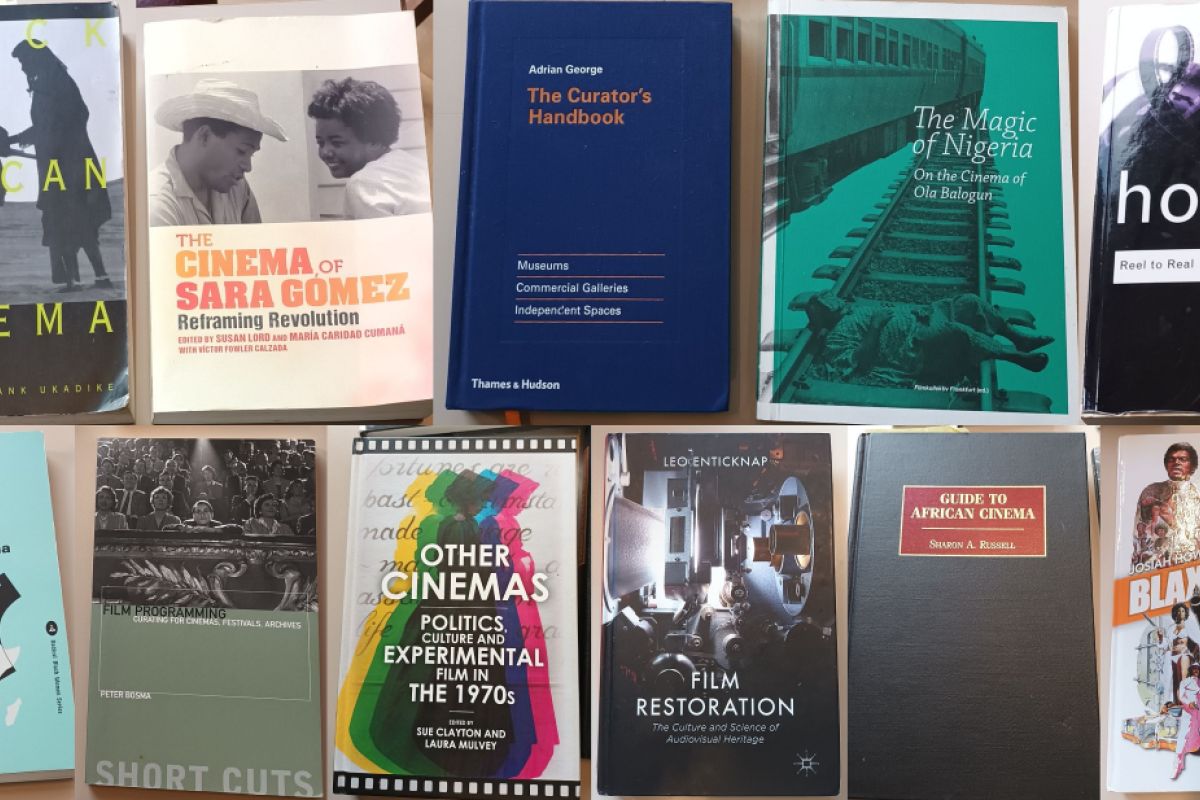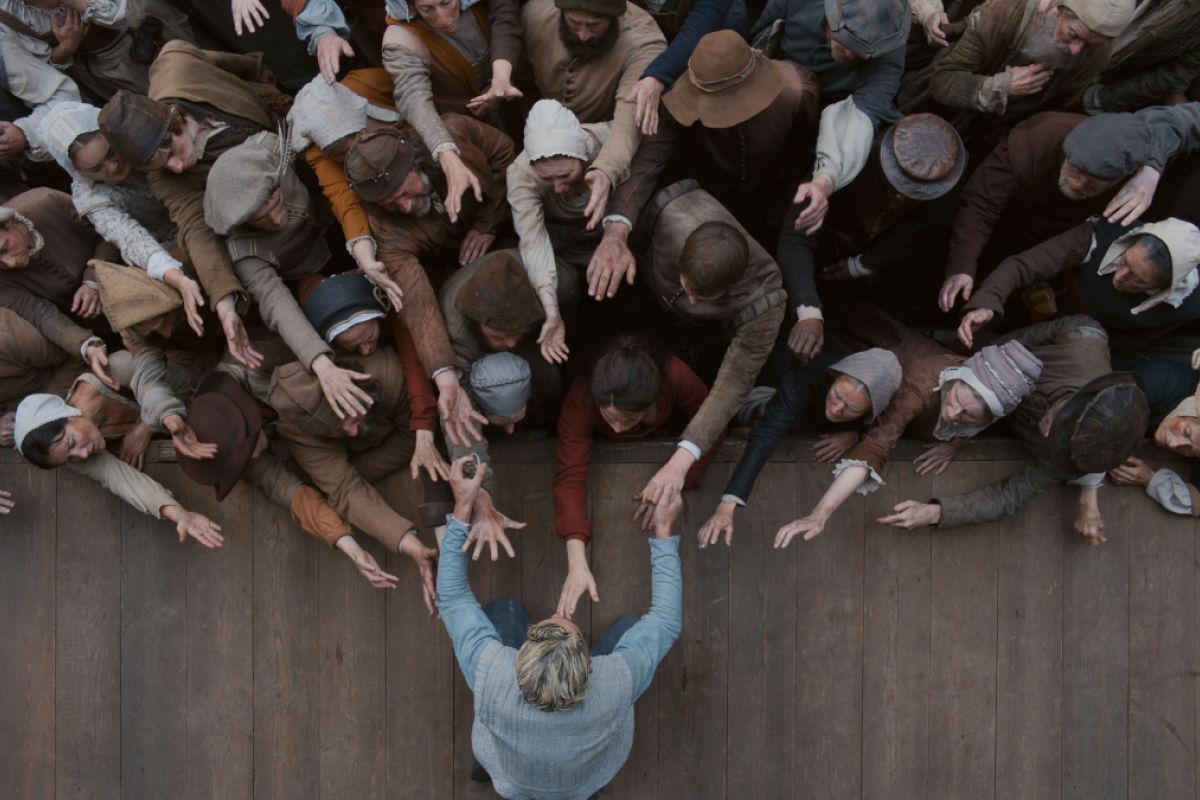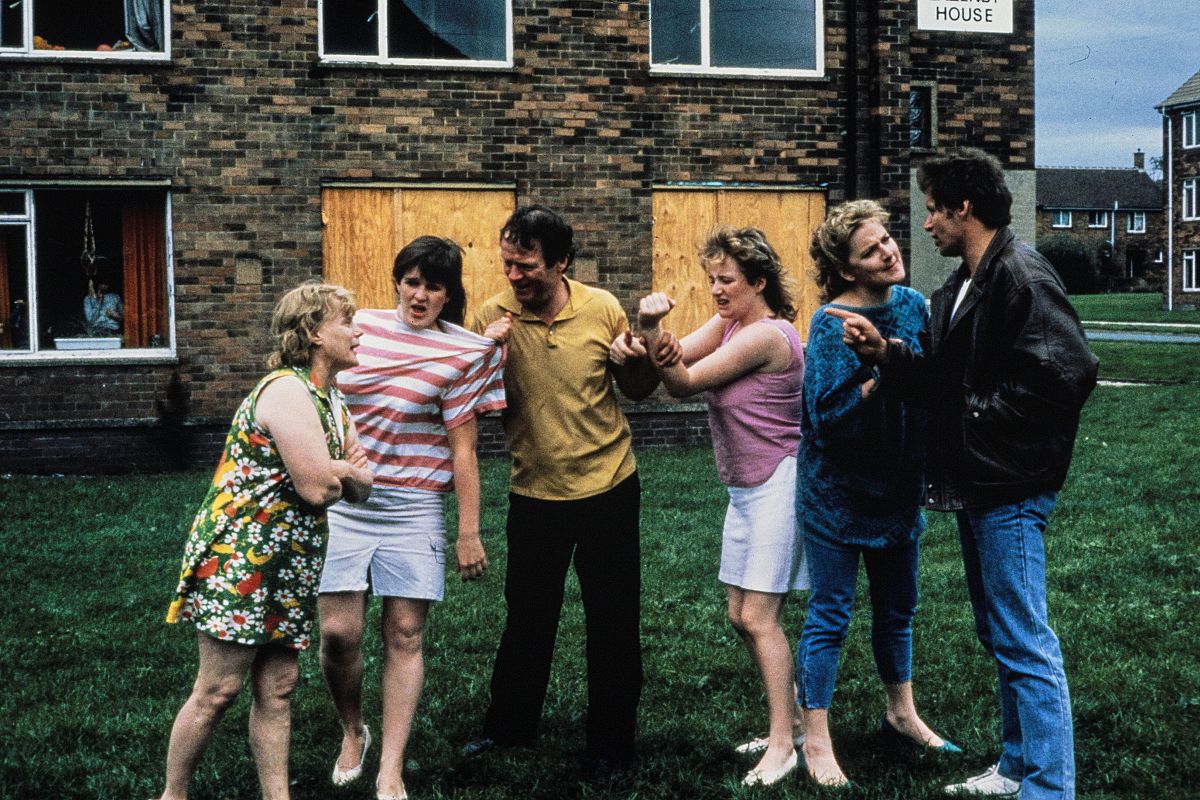
In defence of Rita, Sue and Bob Too
A guest piece by Amy Kitchingman from The Green Carnation film club.
Amy Kitchingman
If you ever find yourself curious about films set in Yorkshire, or indeed if you ever spend a day or two in Bradford, you’ll probably hear about Rita, Sue and Bob Too. Released in 1988, the film follows two schoolgirls and their sleazy relationship with their older employer. Thanks to its humour and unflinching honesty, it drifted into legend, and remains an iconic moment of visibility for working-class Bradford in British cinema.
The film is led by the powerful perspective of its writer, Andrea Dunbar. Raised in the notorious Buttershaw council estate, her talent emerged at school, where she produced funny vignettes which caught the eye of her teachers. With their help, she became the youngest playwright ever to have their work performed at The Royal Court Theatre, when she was only eighteen years old. The Arbor, which informs the screenplay of Rita, Sue and Bob Too, follows a teenage girl in Bradford who becomes pregnant to her Pakistani boyfriend. During the staging of the play, Dunbar gave birth to her first child, who incidentally was half-Pakistani, and began living in a women’s refuge. Dunbar went on to write another play about a complex mother-daughter relationship, entitled Shirley, and have two more children. Despite her fame, or perhaps because of it, she struggled with life and devolved into alcoholism, before dying of a brain haemorrhage aged only 29.
The tragic aspects of Dunbar’s life seems to have acquired an air of kitchen sink mythos amongst critics. However, it is far too simple to see Dunbar’s writing as a direct transcription of her experiences. This overlooks her singular gift for dialogue and keen understanding of genre.
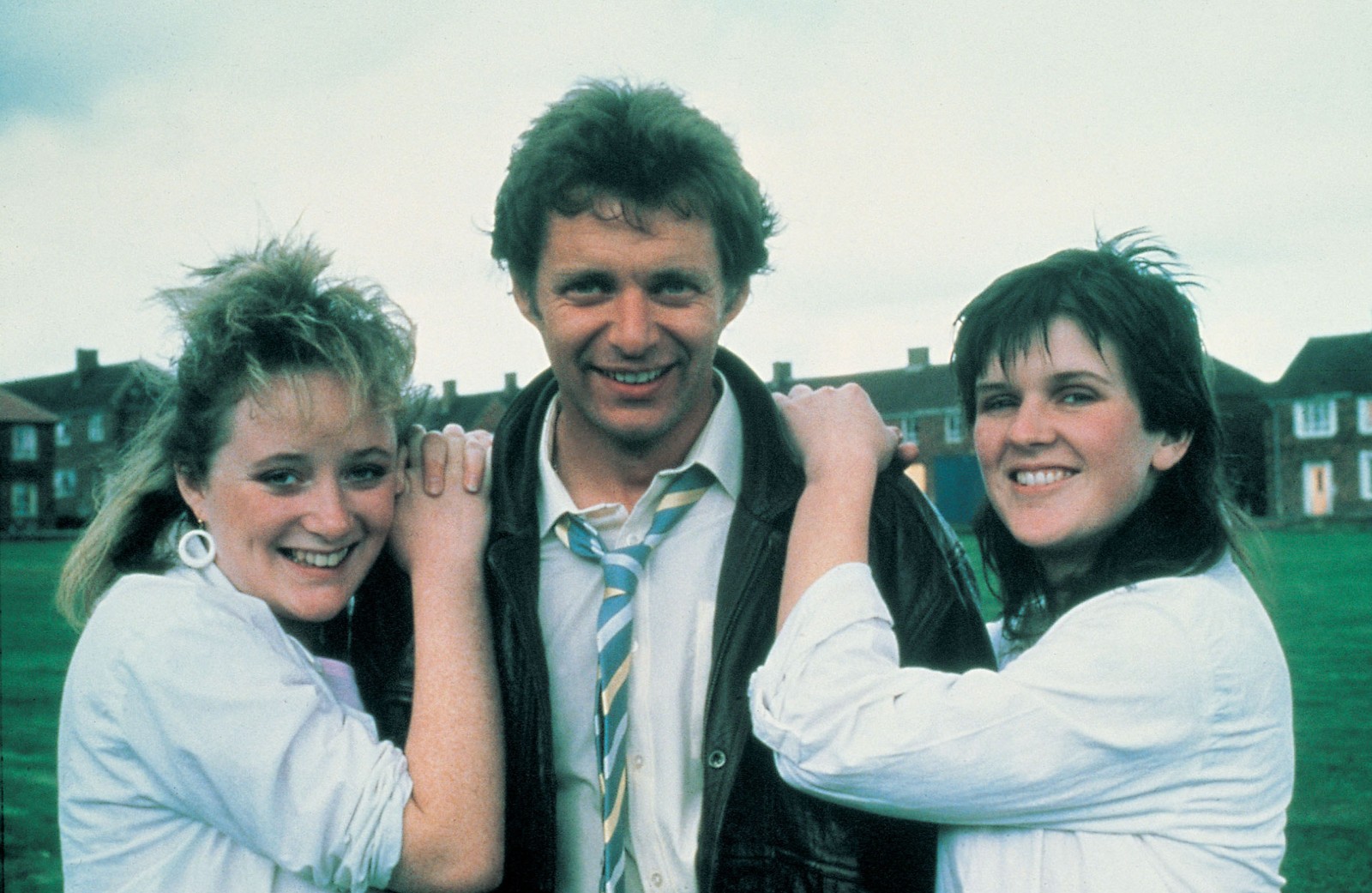
Dunbar also takes a provocative stance on her themes. Rather than a distraction from the grooming she depicts, I read her comedic dialogue as a takedown of a culture which trivialises sexual abuse. Rita and Sue shatter stereotypes on how female victims of abuse should behave. They're outspoken, spirited and have their own desires and opinions, yet Dunbar conveys that the girls are total innocents who struggle to understand their exploitation. They make jokes about the uncomfortable aspects of their sexual encounters with Bob, in an effort to look on the bright side of a situation they clearly find confusing.
Dunbar knows that viewers might be judgemental of Rita and Sue, as they embody a version of working-class girlhood which is often seen as unpalatable. She reminds us that these girls are right to want more than their circumstances, and that the men who abuse them are unequivocally in the wrong. This, to me, is a genuinely feminist approach to her subject matter. Victims of abuse often struggle to process their trauma in the moment, particularly children and teenagers who are groomed by adults. Unsurprisingly, Dunbar innately understands this, and uses comedic writing to recognise the complex experience of power imbalance.
In fact, I could write a thesis on how this film joins a long tradition of the carnivalesque in English Literature, in which grotesque bodily humour is used to release the confining demands of social taboo. Comedy diffuses the troubling aspects of Dunbar’s themes, which frequently leads audiences to avoid confronting it altogether. This is a profoundly clever move. I might add, the irritating final scene of the film, shoved in haphazardly to make it more marketable, is exempt from my theory.
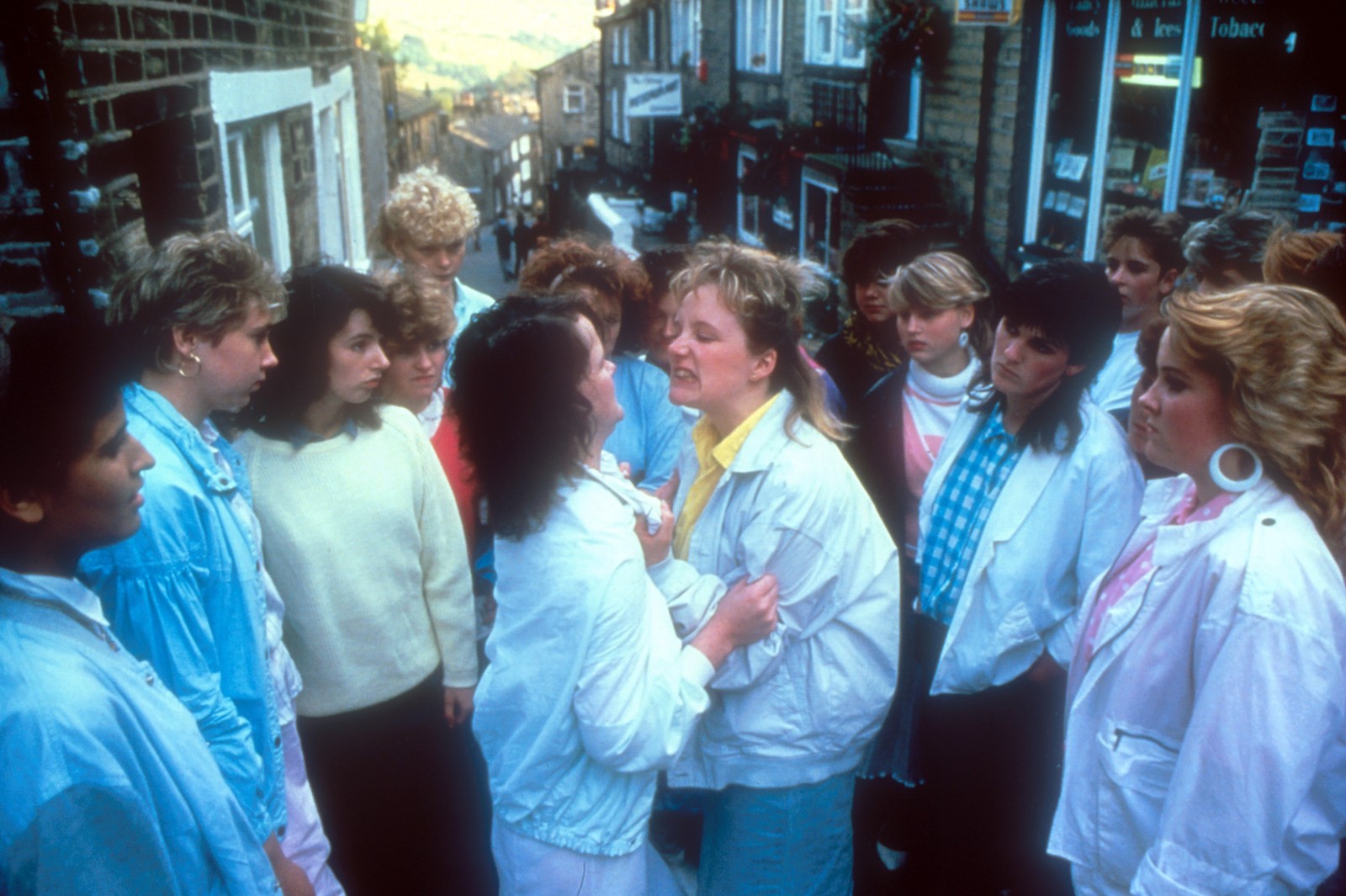
Dunbar's attitude to racial politics feels less evolved, if equally revealing. Her portrayal of the only British-Pakistani character in the film, Sue’s boyfriend Aslam, is sympathetic yet extremely limited. This speaks volumes about how racial tension can play out in real time in working-class communities, as Aslam is ultimately cast as a supporting character in the lives of white Northerners. In several scenes, when Aslam is on the receiving end of racial slurs, it becomes evident that Dunbar has chosen to depict racism with the same matter-of-fact approach she takes towards violence against women. This feels disturbing to today’s audiences, particularly when there are still people who are nostalgic for these days of casual abuse.
Nonetheless, a large part of why I chose to screen Rita, Sue and Bob Too is my complicated personal relationship to it. As a working-class person from Yorkshire, I was always aware of the film, an experience I’m sure many people share. I even have a few family jokes that quote from it! Despite this, as a teenager I didn't really like the film. It felt too familiar, and showcased aspects of working-class life which I found shameful and, quite frankly, wanted to escape from. Interestingly, the residents of Buttershaw estate also initially reacted negatively to the film, as they felt it portrayed them unfairly. Dunbar, who continued living in Buttershaw after her success, found herself alienated from the community who inspired her.
Now, I appreciate Rita, Sue and Bob Too as an exploration of power dynamics between disempowered people. I also think it shows, in a deliberately uncomfortable way, the tendency for Northerners to laugh at our own dark times to cope. I'd urge audiences to see this film as providing striking insight into a time and place. It isn't a beacon of positive representation, but this authenticity is precisely why it matters.
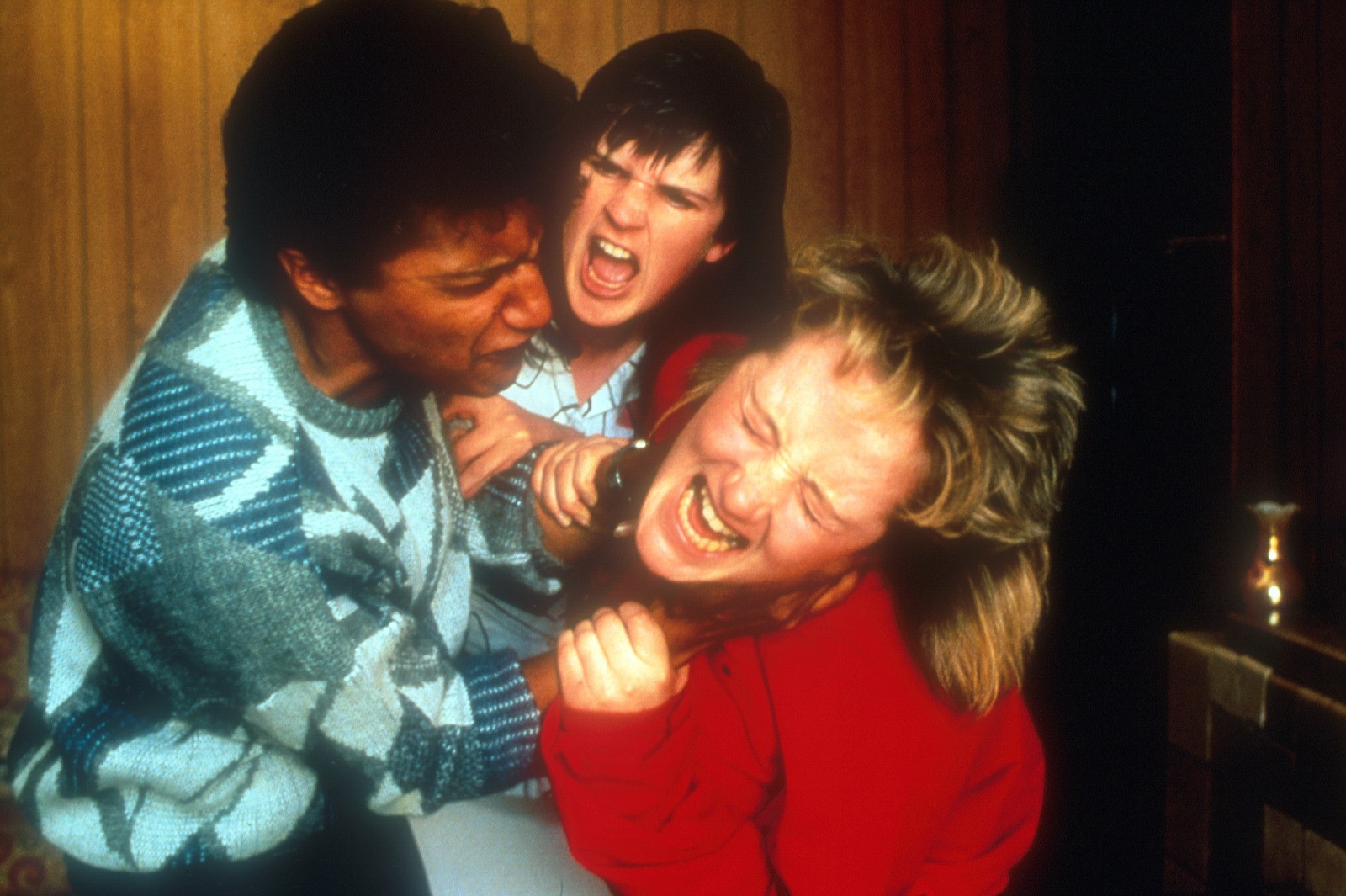
As I’ve prepared for Sunday’s screening, I’ve found myself wondering what Dunbar would’ve made of the shifts in British culture after her death. What would she have observed about the ways we’ve evolved, and the many indications that we’re stuck in the same old patterns? Better yet, I wish she’d written about social mobility with the same mixture of biting humour and pathos that runs through Rita, Sue and Bob Too. But sadly, Dunbar was a person who experienced everyday miseries alongside her extraordinary talent.
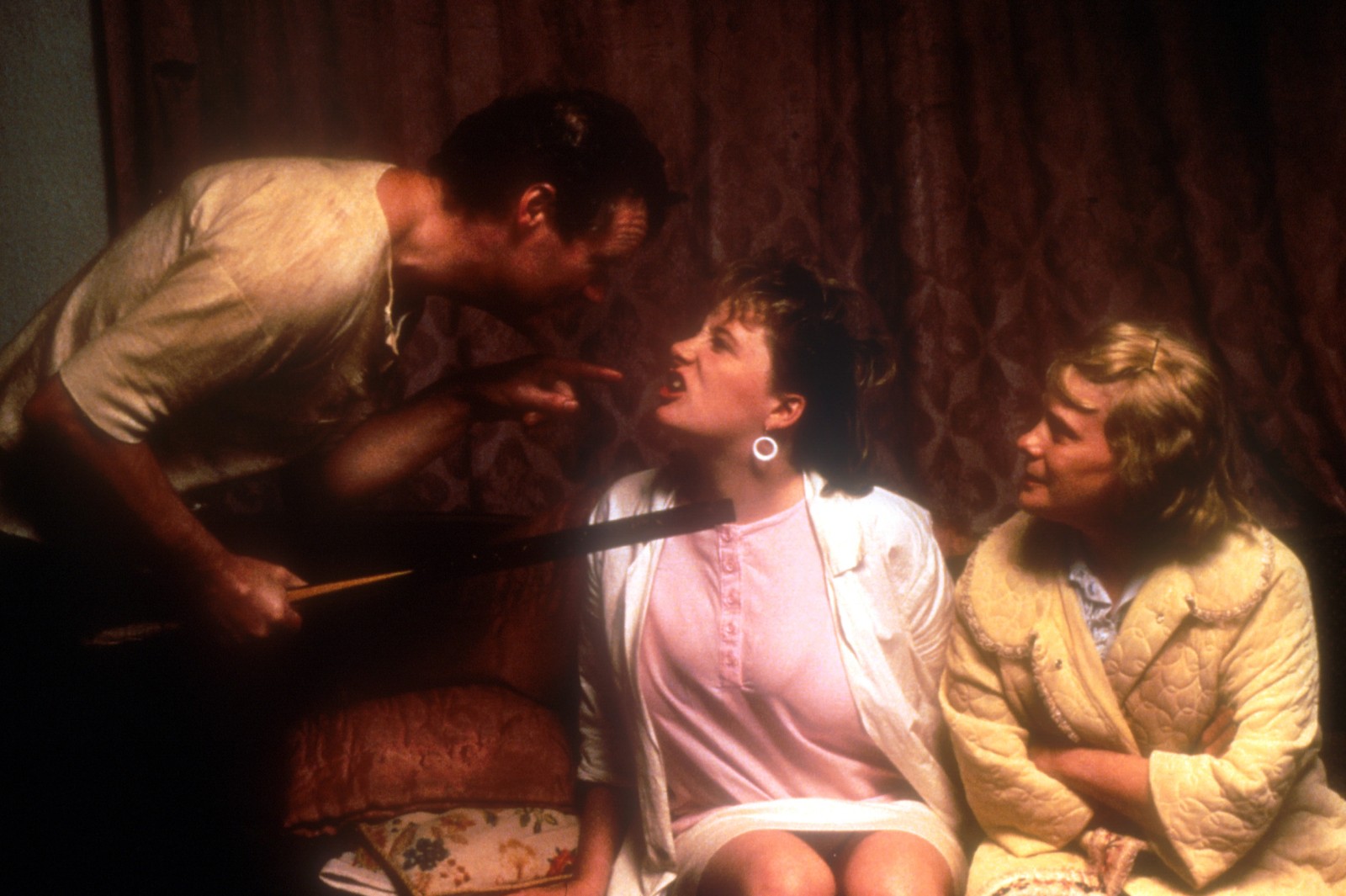
Rita, Sue and Bob Too is showing at HPPH with an introduction from Amy Kitchingman on Sun 07 Sep at 14:30. You can book tickets here.
